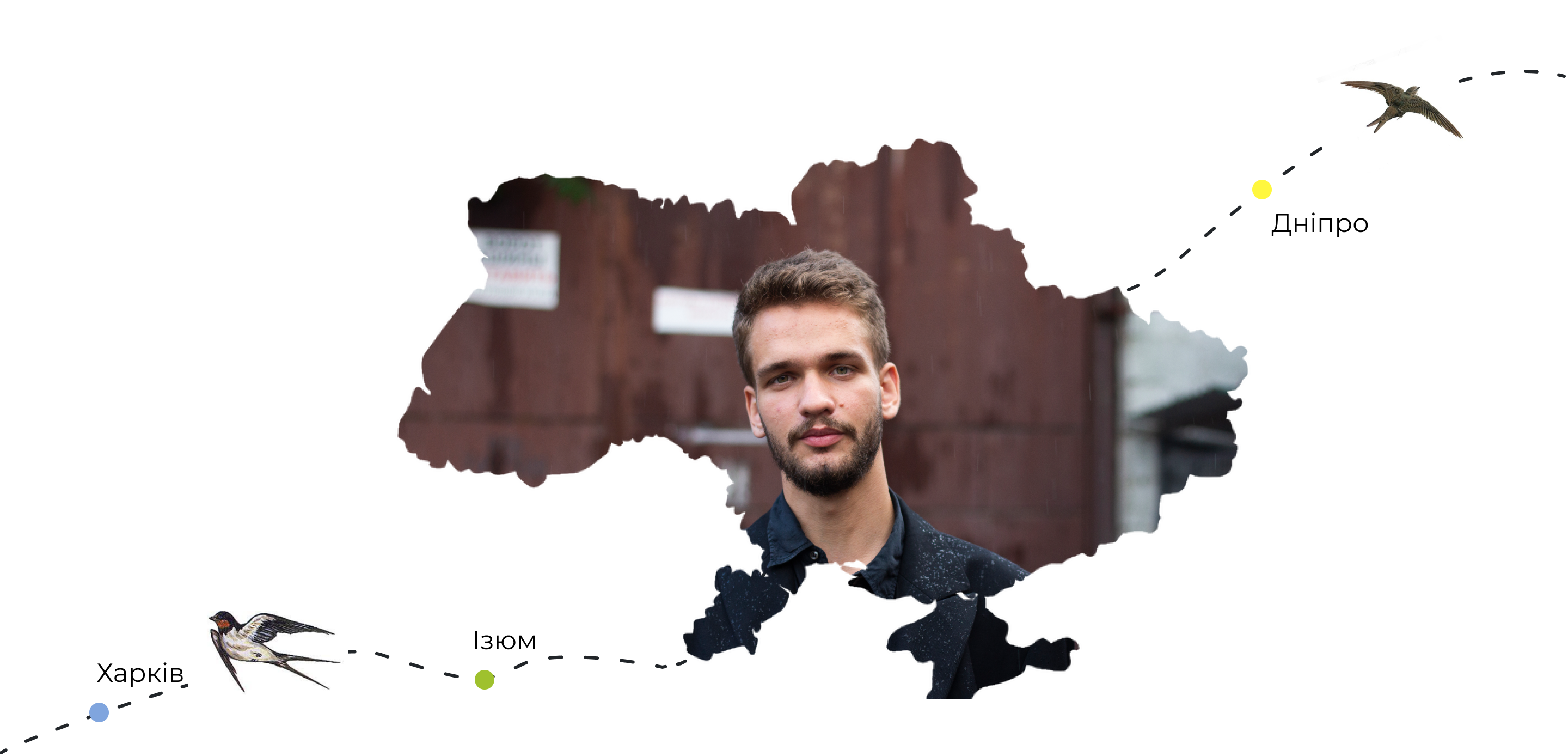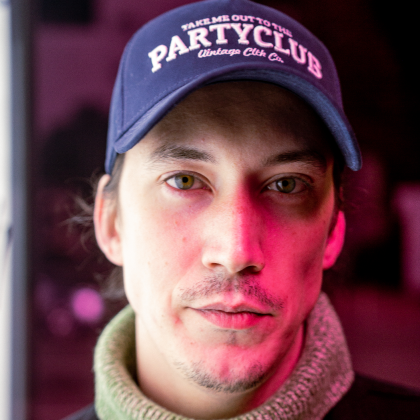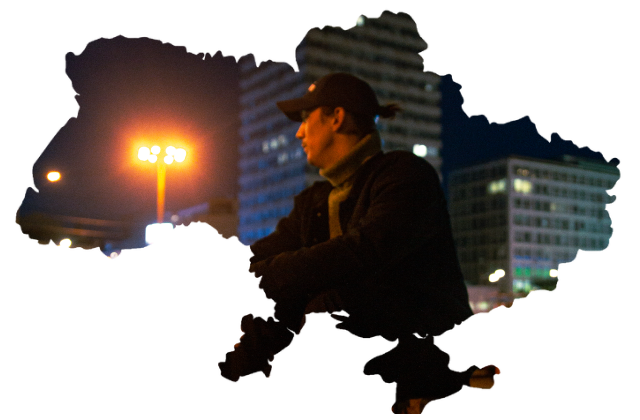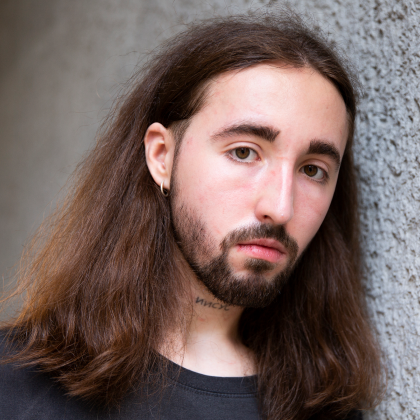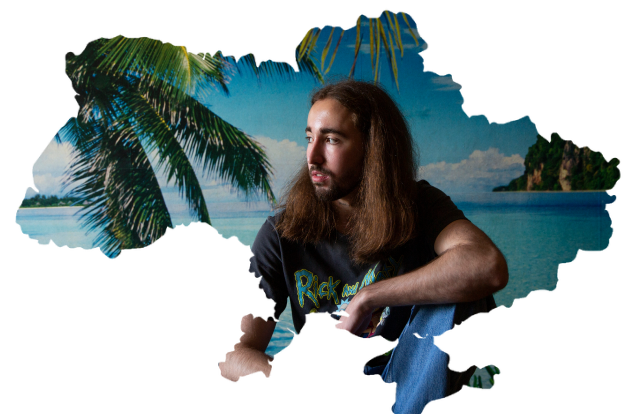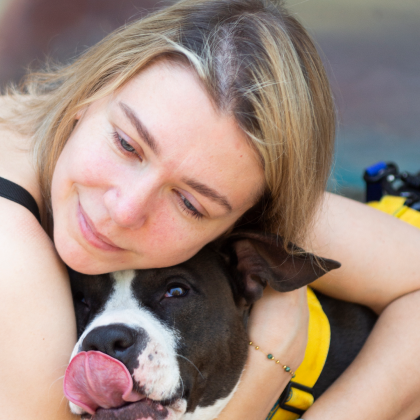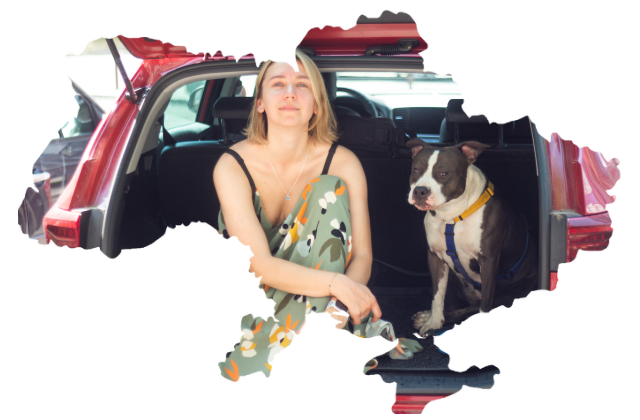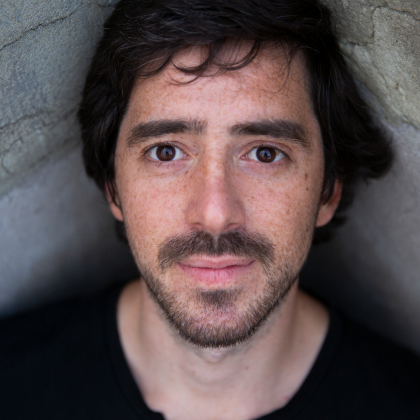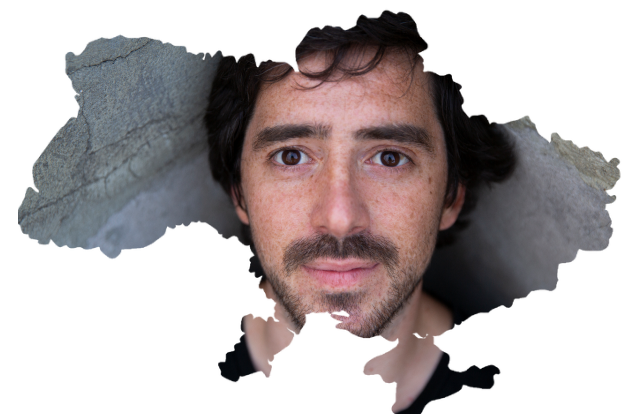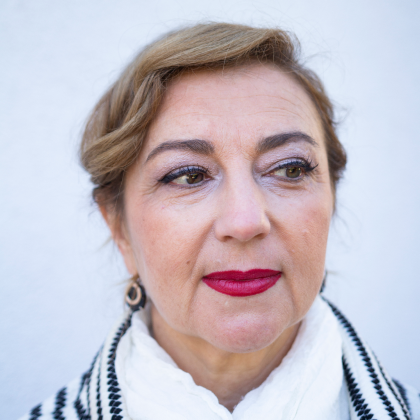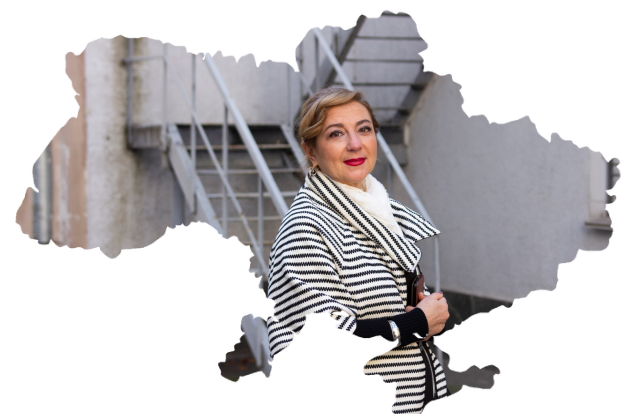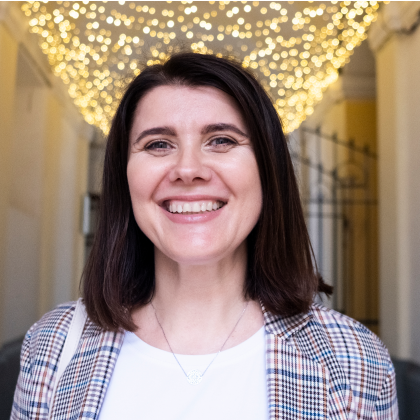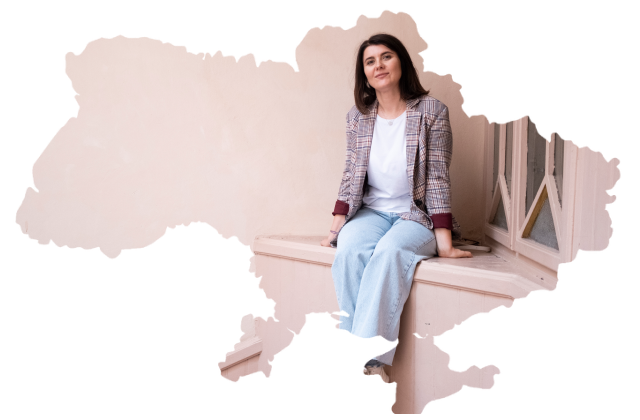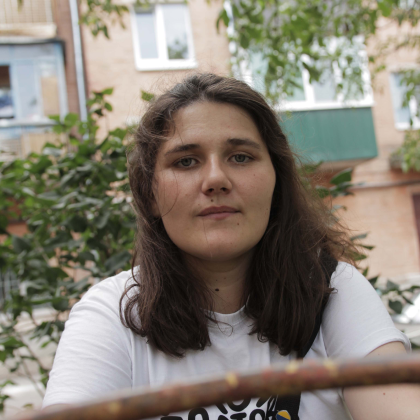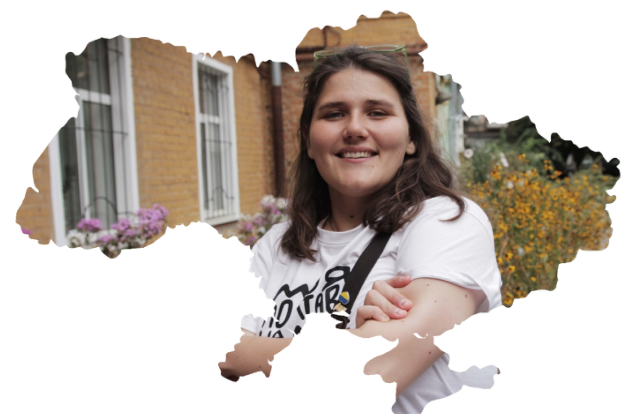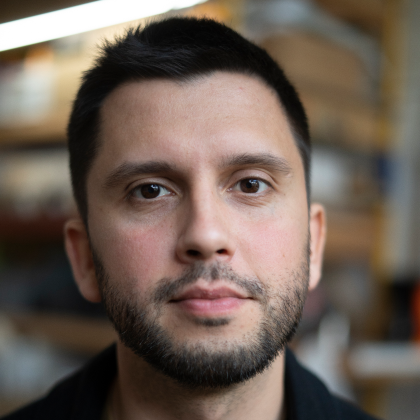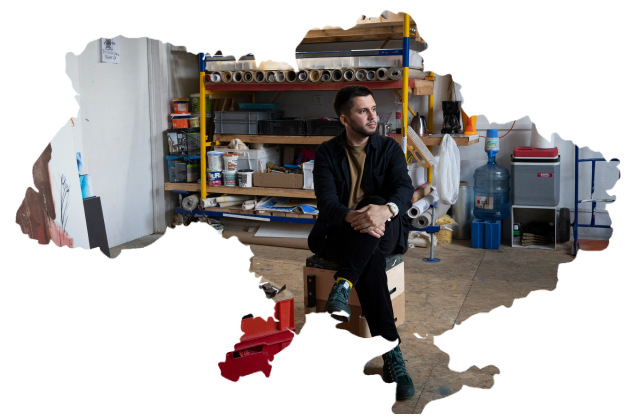Andrii Tretiak
Musician, founder of the art society "Speech’ki"
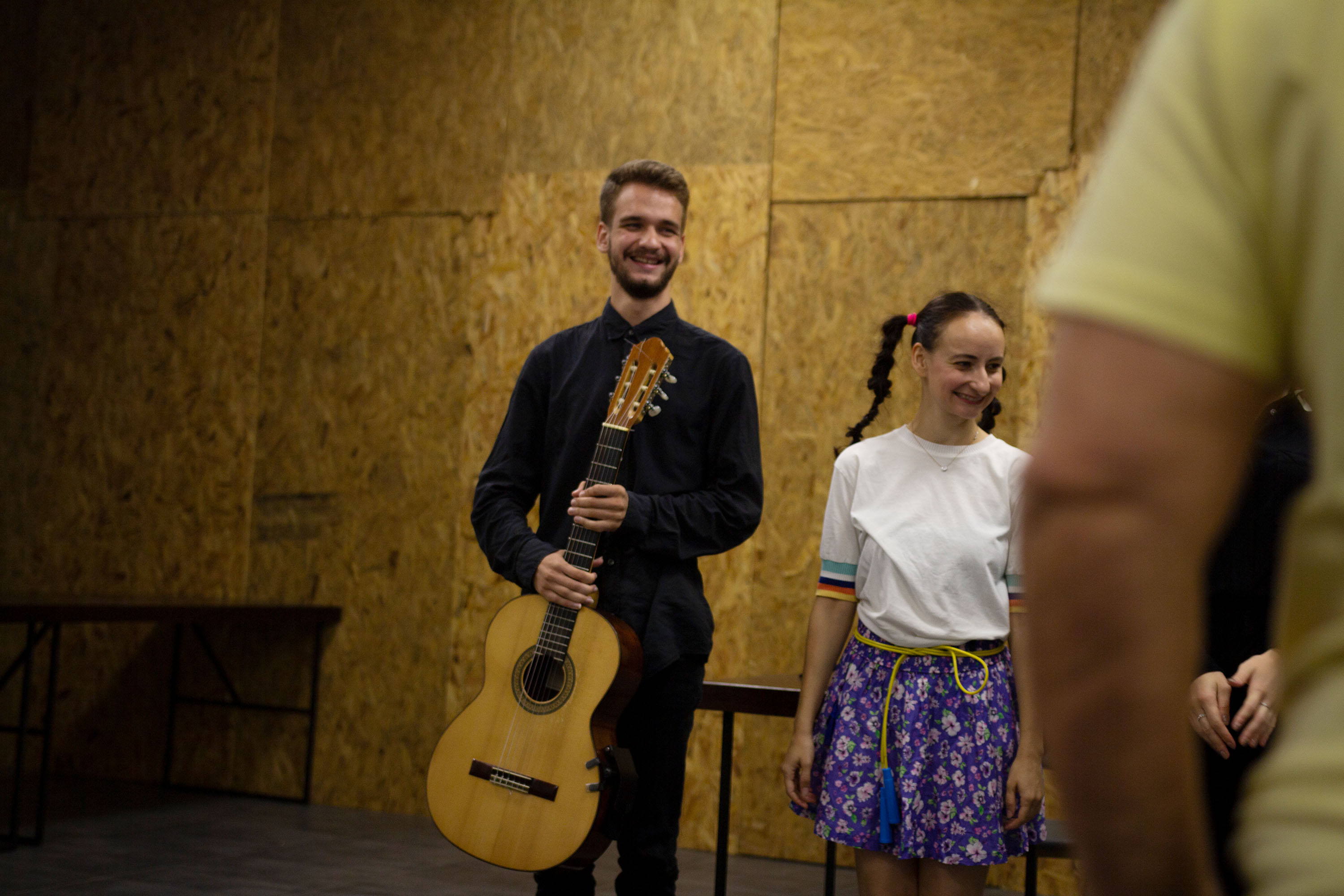
Kharkiv — Izium — Dnipro
I was born and raised in Izium. And in 2017, when I was 17, I moved to Kharkiv to study. Here I settled down. My parents stayed in Izium.
I remember the evening of February 23. We were hanging out with my friends in the dormitory. One of my friends was talking about the war. And I said to him with such pathos: "How can there be a war in the XXI century without a religious conflict?” We talked a bit and I went to bed.
At five in the morning, I woke up to a call from a friend from another floor. I was considering whether or not to answer because he liked to call when he was boozy and wanted to chat. I took the call. The dude says, "We're kind of at war here, come on down, we'll figure something out." I packed up some stuff and went downstairs. I took my guitar, and I sat in the anteroom playing some jazz while there was panic all around me.
For two days and two nights, my friend Anton and his girlfriend Nastia and I hid in the subway, and then in a bomb shelter bar. The atmosphere in the bar was curious, there was a sense of unity in the face of that horror. That's when everyone yells, "Uh-oh, Roma stole a tank, let's drink to that!" Later, my mother started calling me from Izium and saying, "Nothing is going on here, there's a family here, come on over to our place."
So my friends and I decided to go to Izium. When, after a series of adventures, we arrived at the place, we heard a burst of gunfire. The Russians had hit the outskirts of Izium. Then it started.
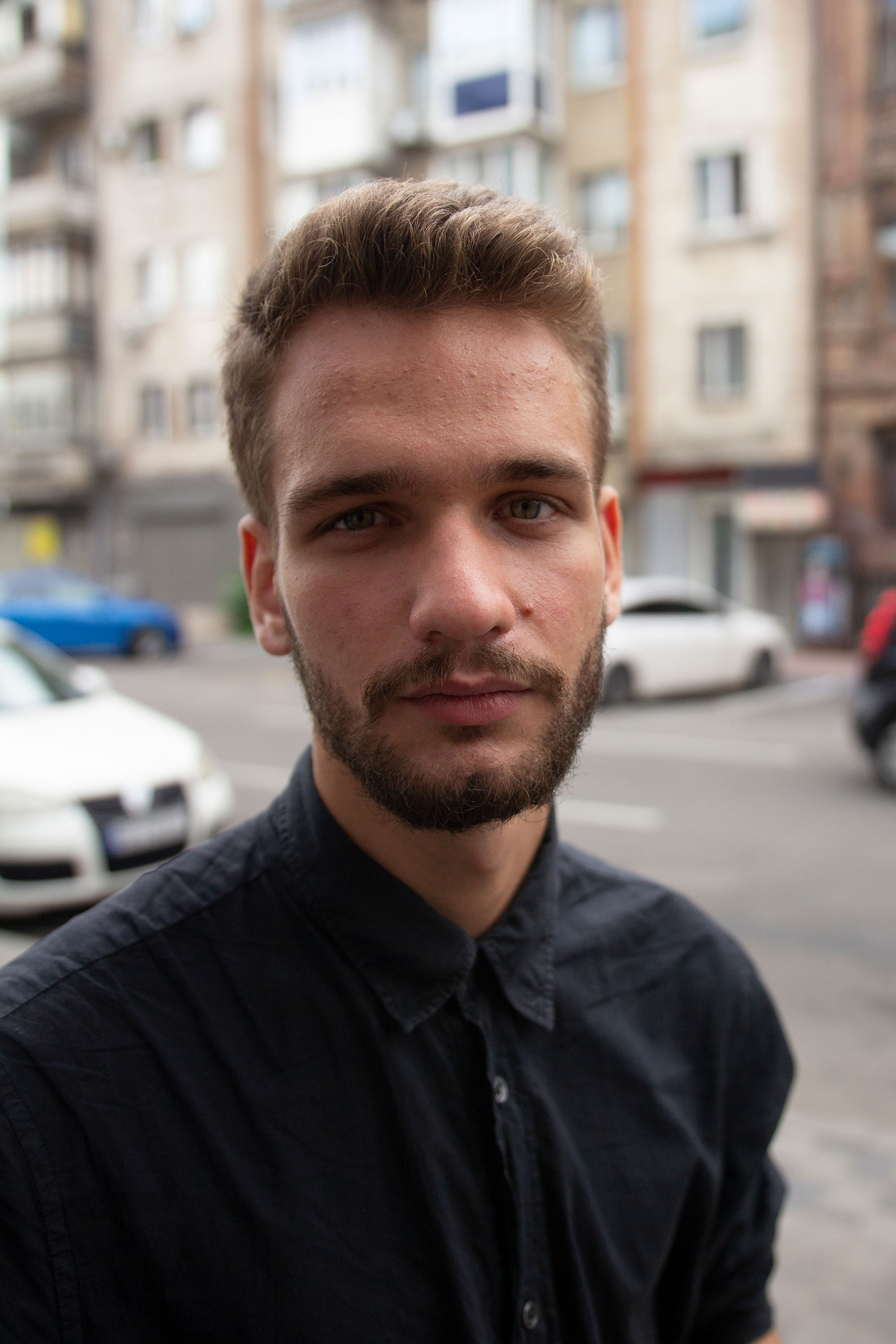
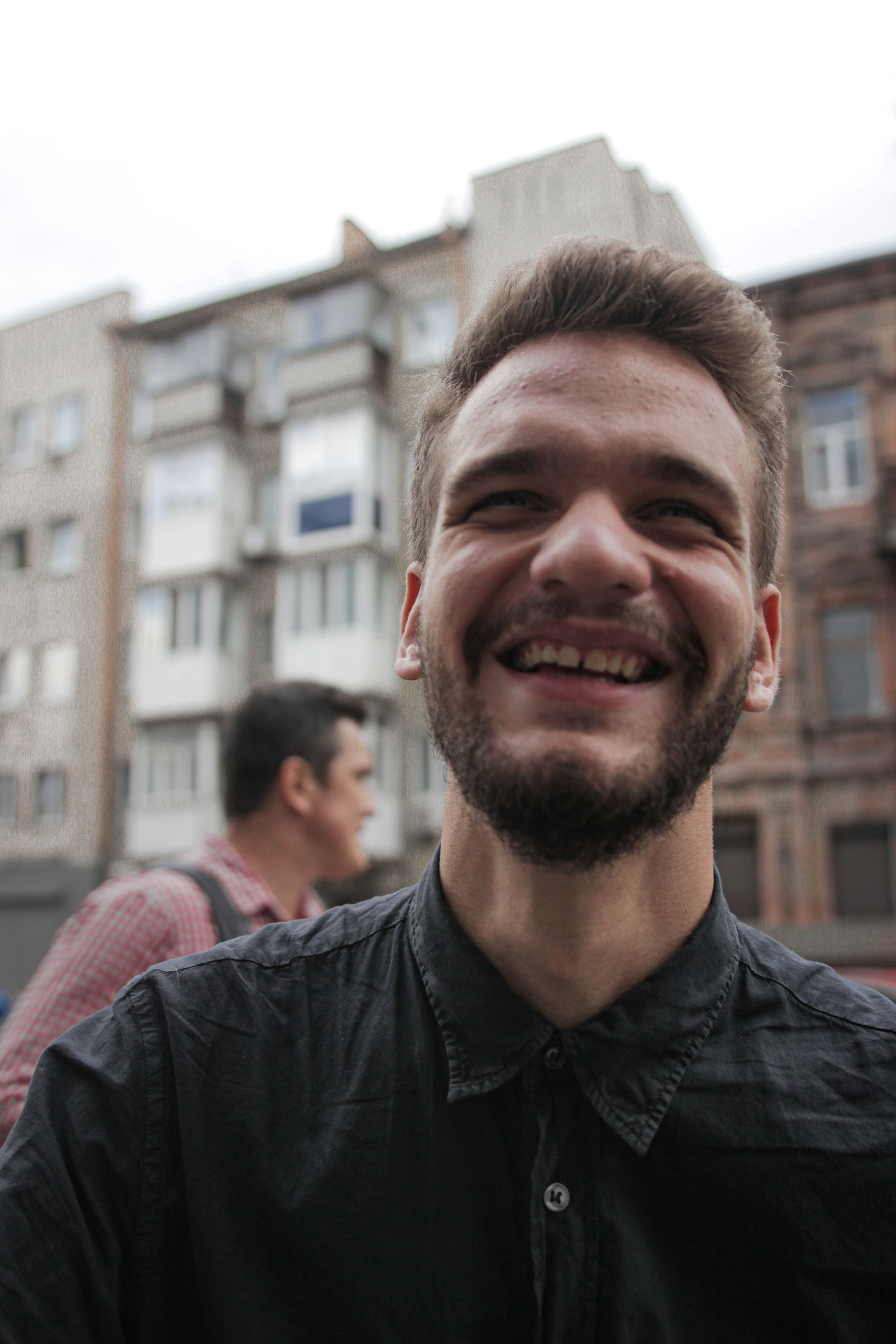
The gas, light, and water supplies were gone. We slept under four blankets in the basement. We drew up a timetable for the strikes. We made all sorts of tea and soups over a campfire. About three days passed like that. And then my friend Anton and I realized we couldn't just sit around and do nothing. We started volunteering as much as we could.
We were biking around the place, delivering what people needed if we could get it for them. We connected the locals via calls, we would write down in a notebook who needed to call where. Everything was going on during shelling because in Izium there was never silence for more than 10 minutes.
The first month we were together with Anton and his girlfriend. And then they decided to evacuate to Zaliman, a village in the Izium district. I walked with them to the border of Izium, with cats and dogs. My friends had to get out of the city to go to Savyntsi and from there take a boat to Zaliman.
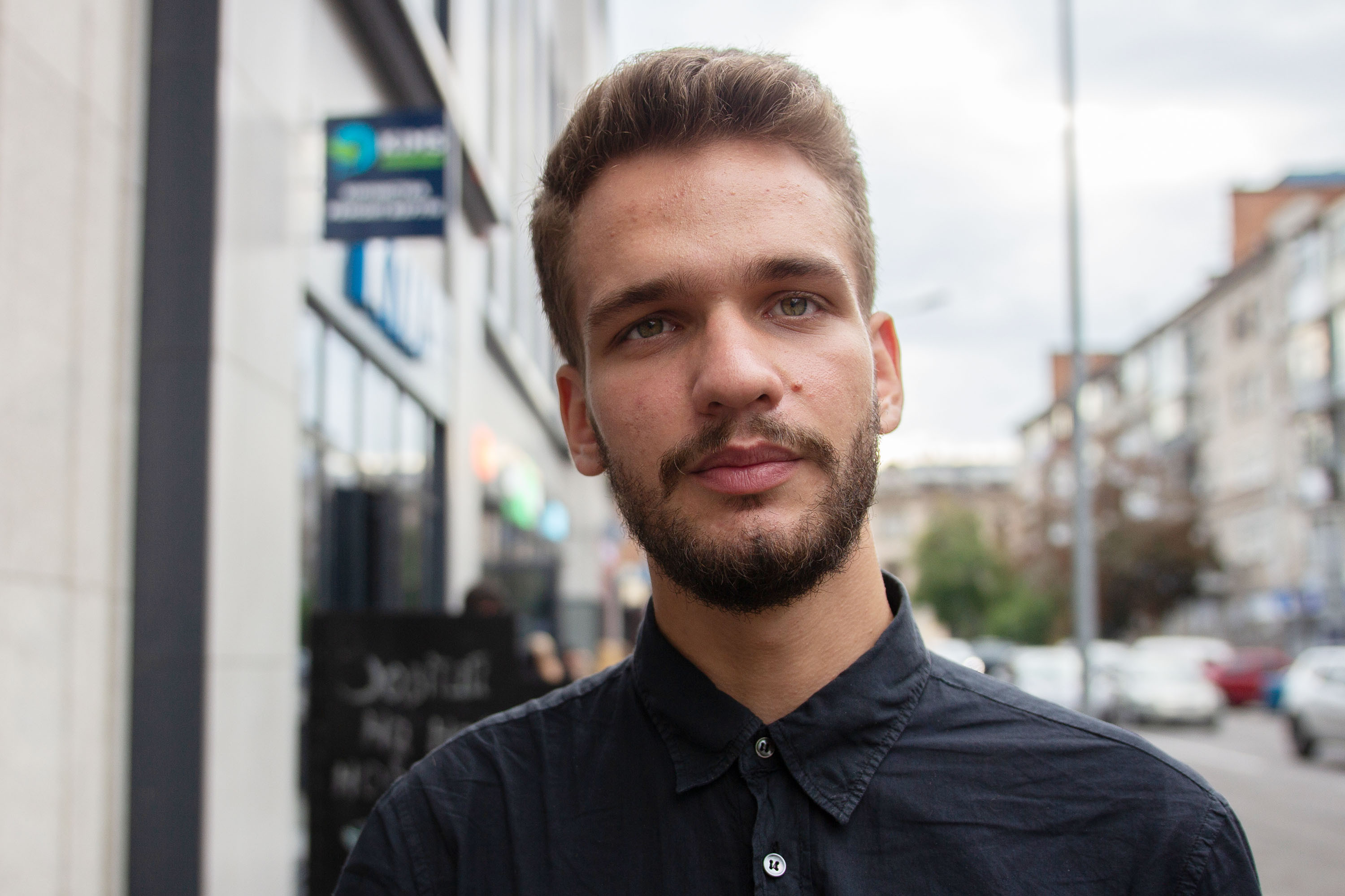
I couldn't leave my mom on her own, but I needed to help my friends, too. That was the only time I wanted to cry. I was just blown away. I knew I was really worried about them. Anton and I were doing everything together, volunteering, biking around under missile strikes. In the evenings we would play some jams, sing along to the blasts, drink “Galka” coffee, and just read out the composition and recite it to four chords.
When Anton and his girlfriend had evacuated, I began to plan how my mother and I were going to get out. I could see that she was growing anxious about what was going on. There were few options. The first one was through Kupiansk by an evacuation bus to Valuiki, to Russia. The second was to walk 20 kilometres through the woods, with our dogs, into the unknown, but we remain in Ukraine.
I turned down the first option categorically. The second option, though it was dangerous, remained. I told a family friend about it, and he seemed to agree to help.
During the night there was shelling: planes, artillery, all of it. In the morning we woke up, at 6:40 this friend was supposed to come to our house to bring leash belts for the dogs. But the time went by and he wasn't there. Mom went to see him. Turned out that overnight he had decided to go to Russia with his family. There was no time to be angry. We had to save ourselves.
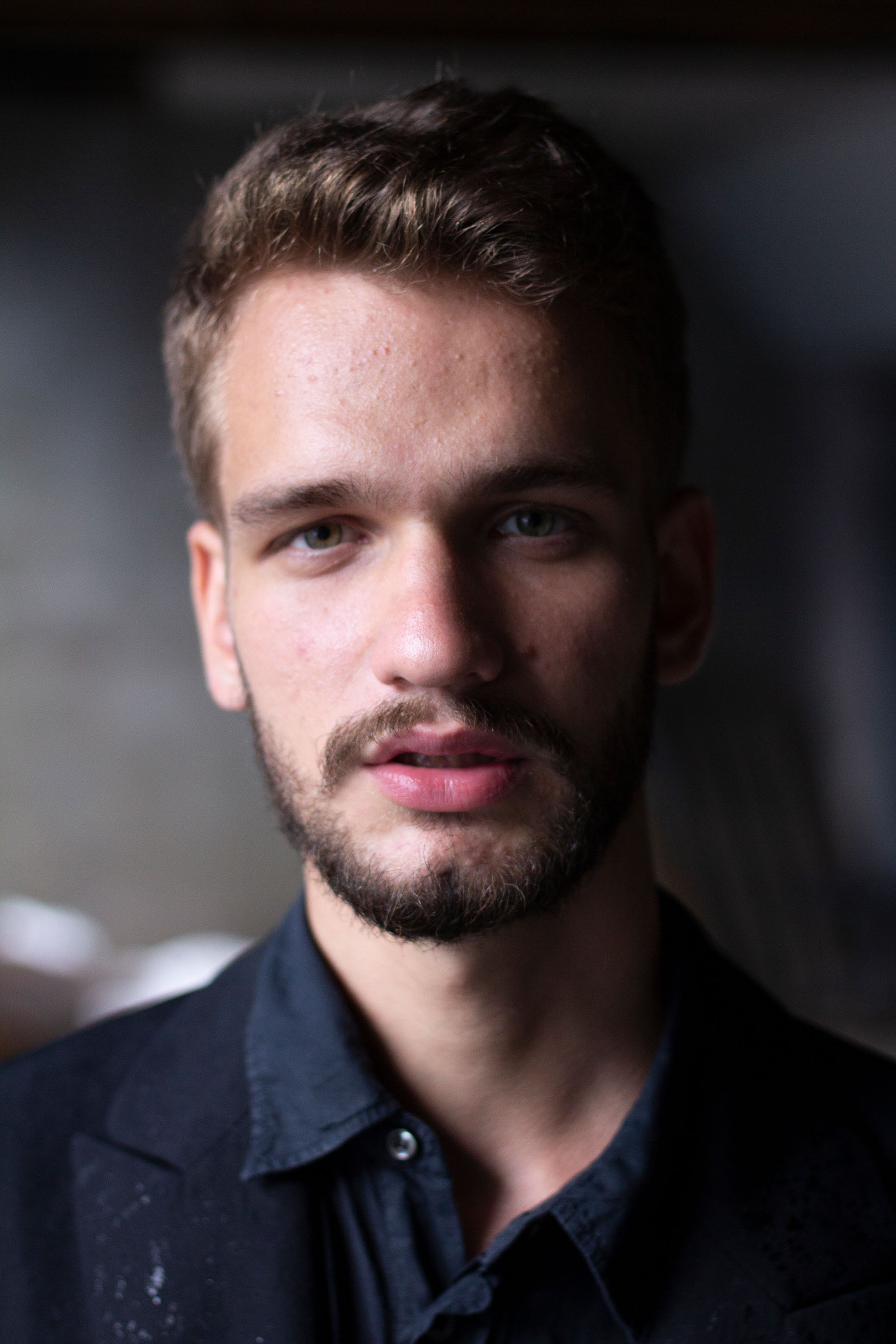
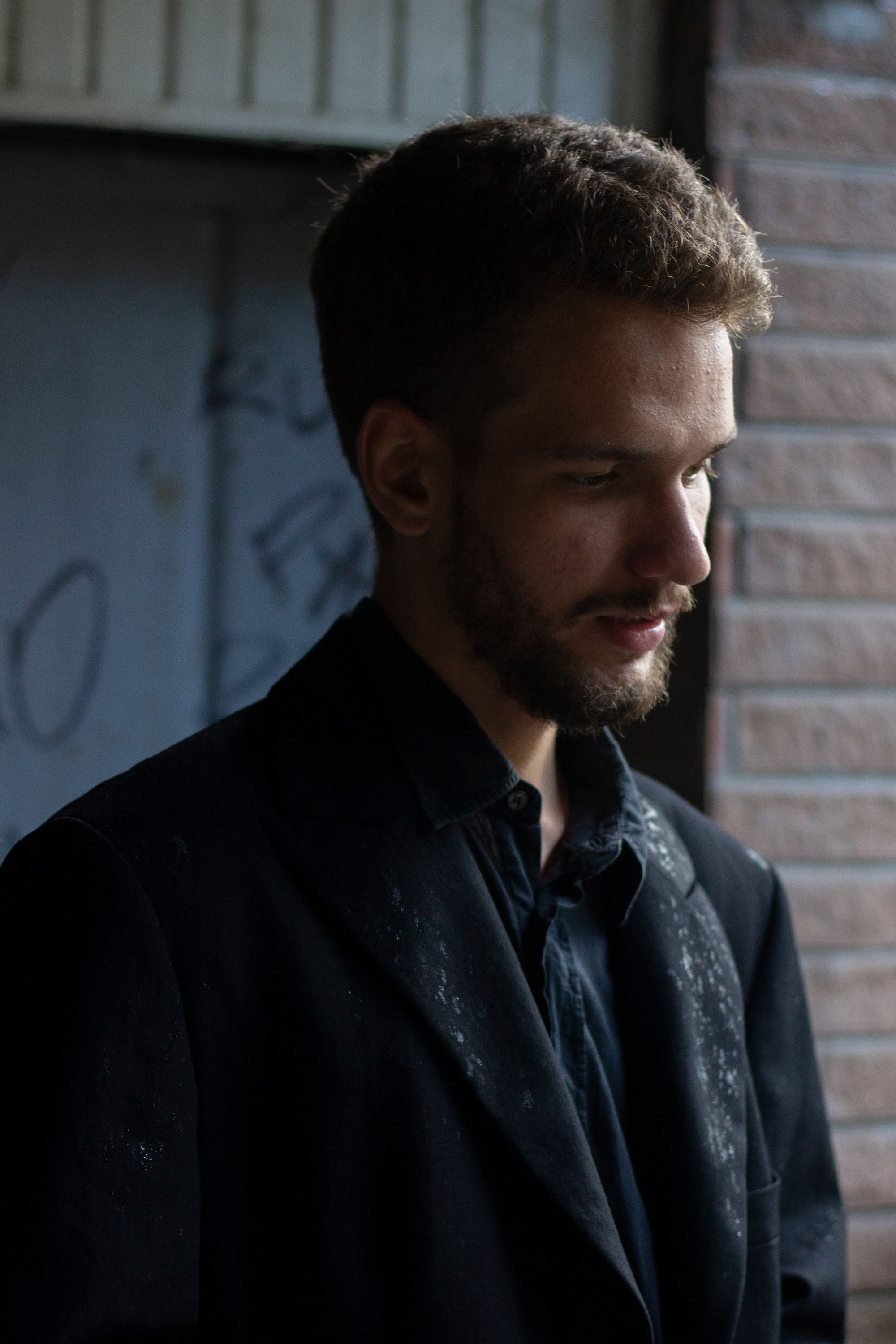
The volunteers with whom we had made prior arrangements were waiting for us. We put our three dogs together in bags. Our dogs are indoor dogs, they had never even walked down the street. They puked every five meters. We walked for about 3.5 hours. We saw a bunch of Russian military equipment, their tanks, some big ones, like the "Buratino" multiple rocket launcher system.
When we got to the volunteers in Spivakivka (a village on the left bank of the Siverskyi Donets in the Izium region), I finally saw the Ukrainian uniform. And I just fell on the ground and laid there for a while. Already from there, after taking a break, we moved on to Zavgorodne in the Balakliia district. Then the military brigade "Karpatska Sich", who helped with the evacuation, took us along the route Lozovaya-Pavlograd-Dnipro. The car following us was fired at. We miraculously managed to get through.
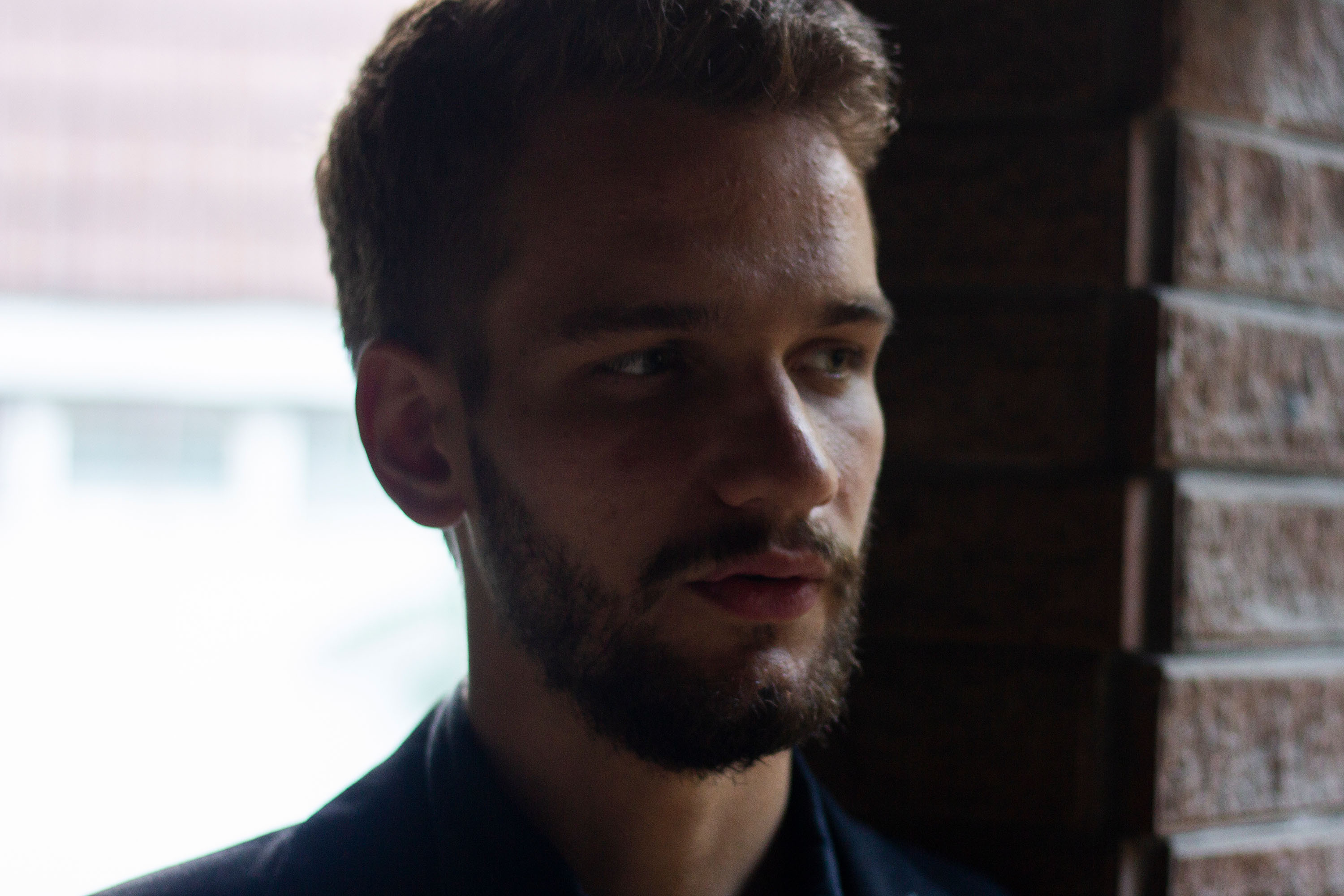
I experienced a brief shock in Dnipro. It concerned things like paying with a card at an ATB supermarket, light, and heating. I remember witnessing a quarrel in that same ATB: people were fighting over the queue. I smiled at all of that. But I wanted to tell them that it was just bullshit, that they should not quarrel, it didn't matter.
My jokes about the realities in Izium mostly caused a stupor. But you get used to a good, peaceful life very quickly. My subconscious was saying, "Man, nothing like that happened to you." I started seeing my friends from Kharkiv, who by that time were already in Dnipro. I did not feel any negativity from the locals.
When I came to Dnipro, I immediately got a bicycle here and started riding around like in Izium. I was delivering armour and helping volunteers. With my friends from the poetry community, we organise events here. I have restarted the work of “Speech’ki" and with them organized a fundraiser for my friend Anton, with whom I was in Izium and who is already volunteering in Kharkiv. In the future, we are planning a new fundraiser, in particular for the Volonterska charity fund.
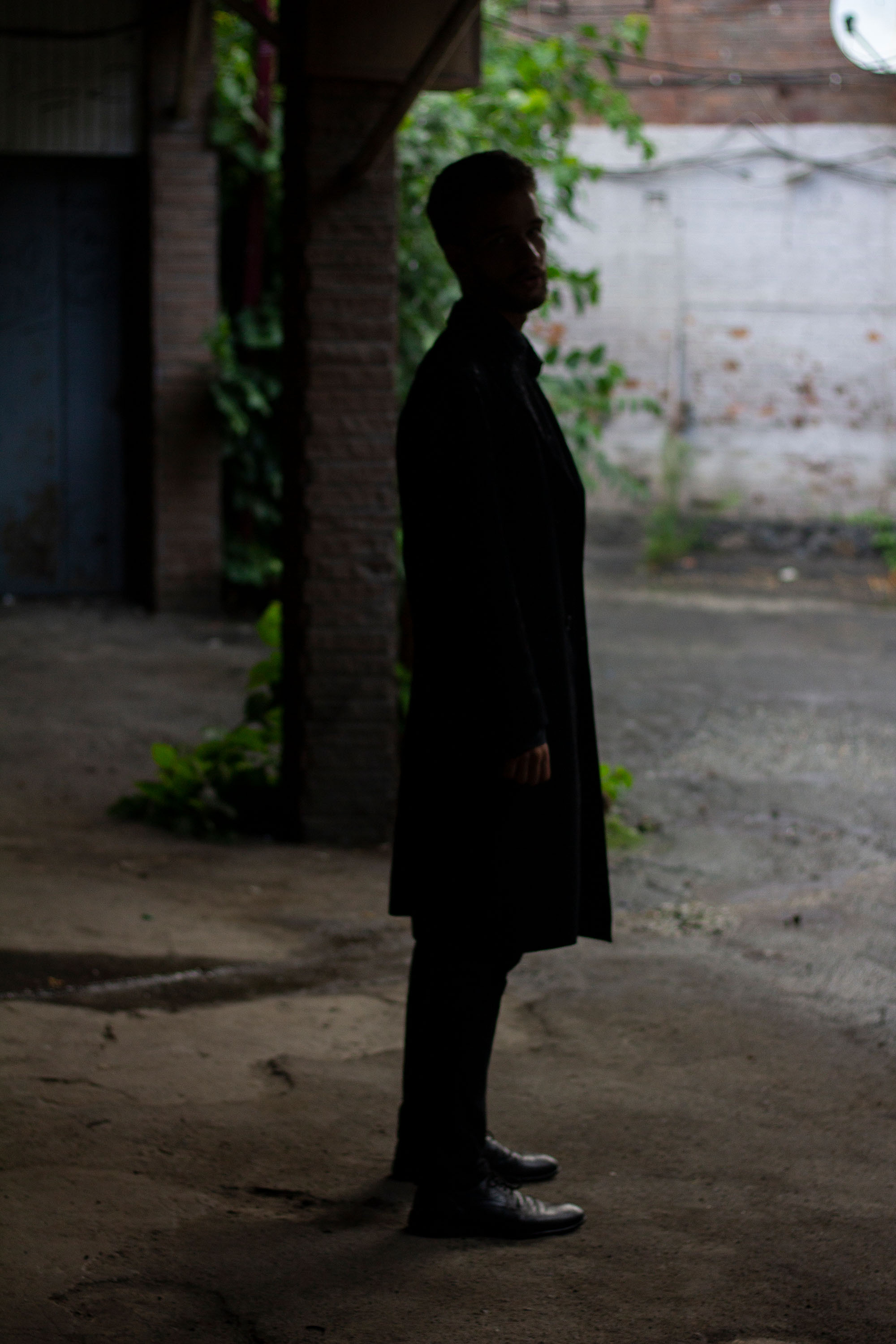
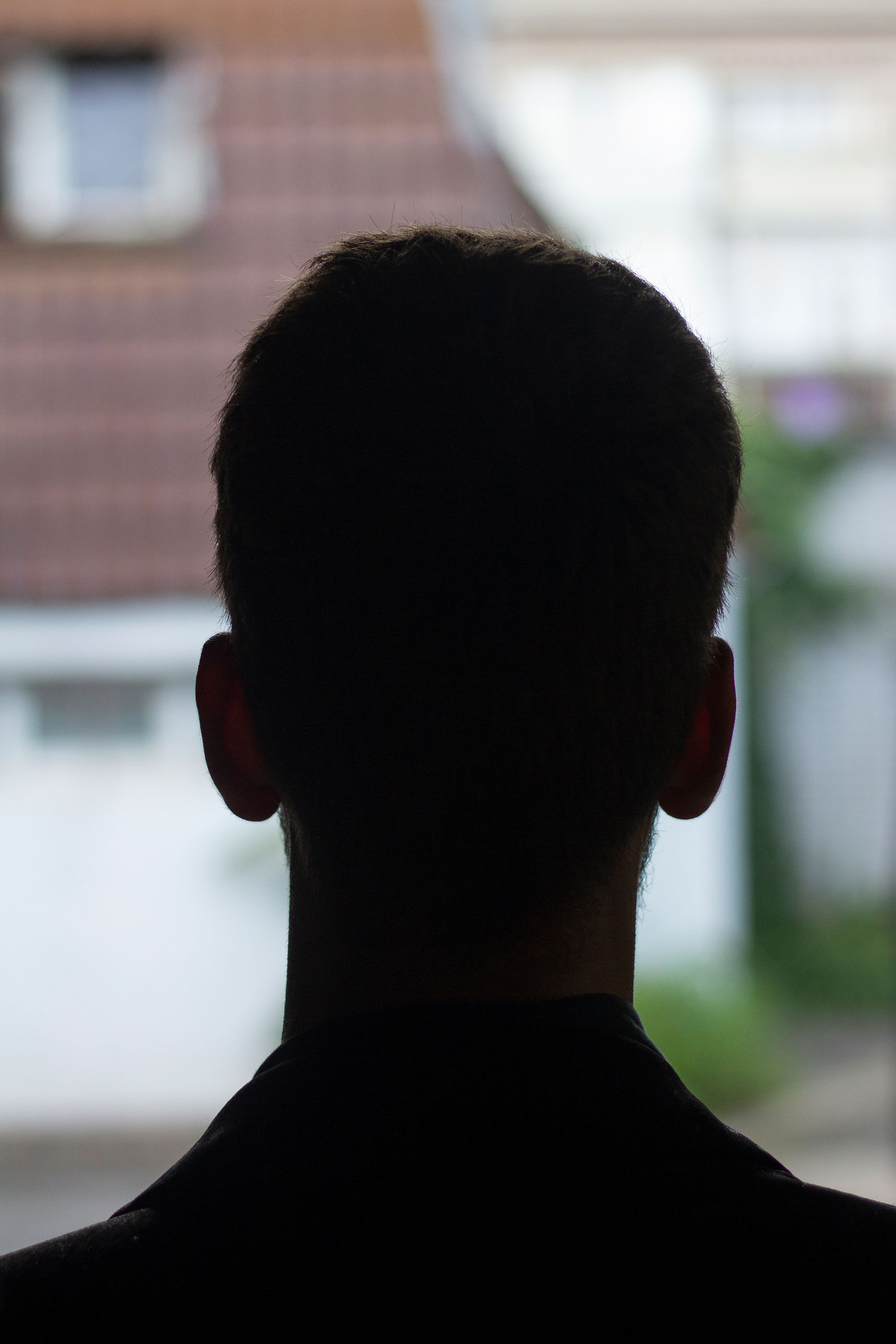
I'm a little lost right now. I understand that Andrii, who was there in Izium, is just a superhuman. But understanding that both then and now, it's still me, helps keep the balance. I maintain a connection with Izium. Here in Dnipro, I don't have a super peaceful life. But I do have adrenaline withdrawal. Sometimes I even want to hear the bangs.
I thought I would no longer be capable of simple small talk. Because now my dark sense of humour sometimes causes people I know to be shocked, "Dude, hey, that's too much!" Of course, few people are interested in hearing stories of such experiences. Many, it seems to me, block out stories like mine.
Despite everything, I don't think it's right to shout something like, "You know what I've been through, and your problems are nothing compared to that." Cause everyone's experience is their experience.
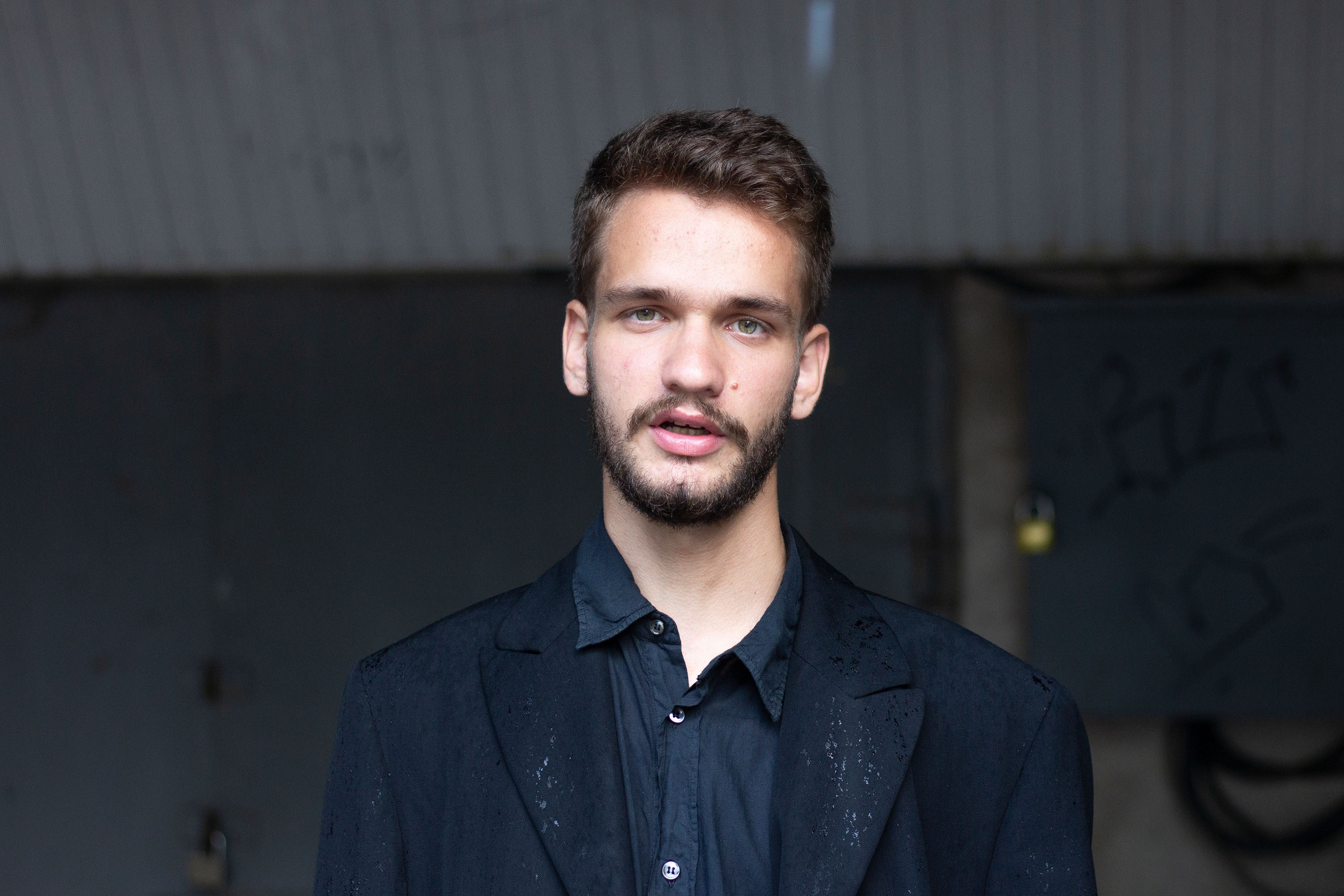
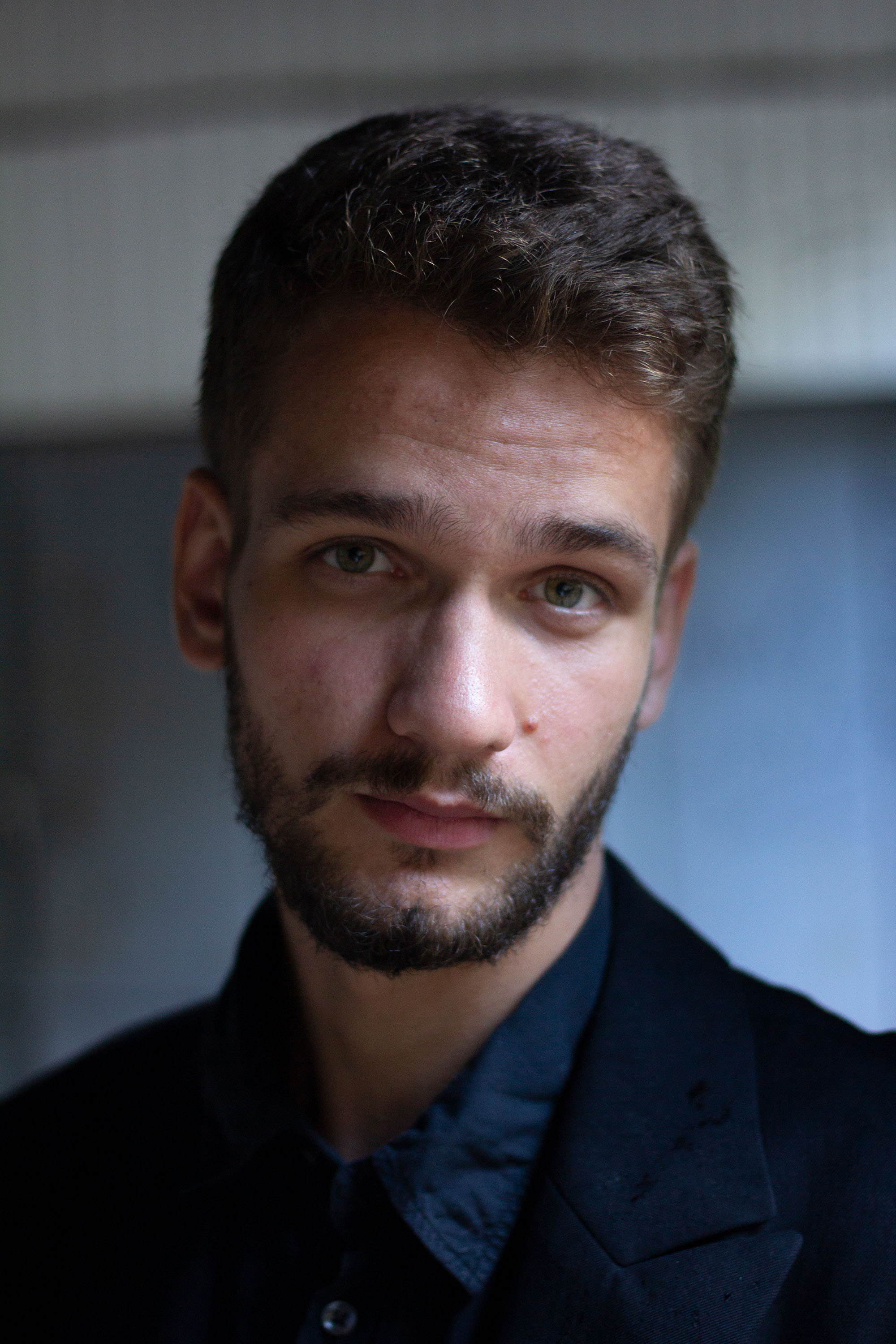
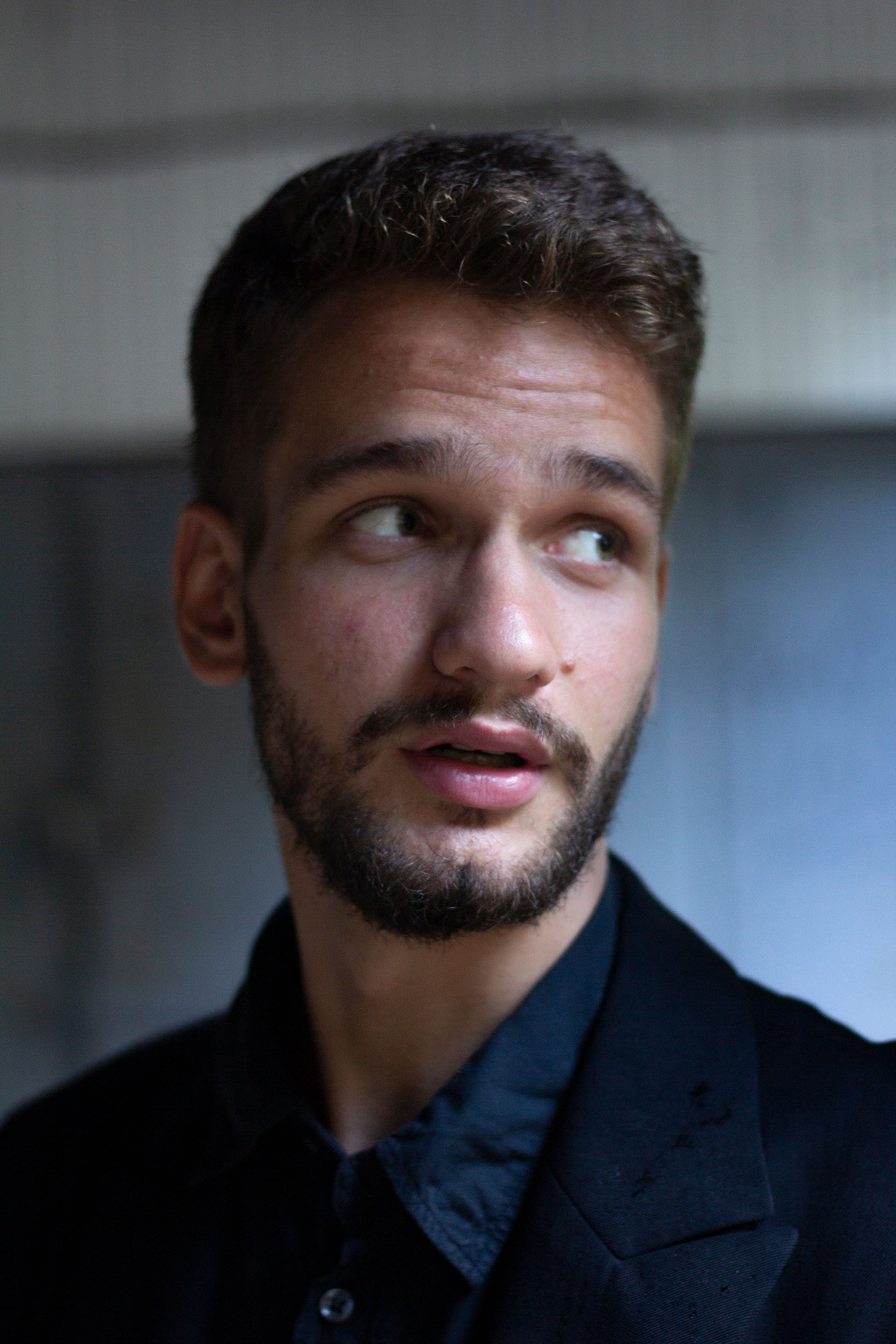
A few weeks ago I went to Kharkiv to volunteer, to help my friend Anton. It was important for me to walk the streets I walked before the war, where people were meeting, etc. But in the context of today's events, I see Izium as my hometown, where I lived for 17 years. For me, even the fact that the city has been ruined isn't that important. There should be people who keep talking about Izium.
There is a feeling of inferiority now. I keep in touch with home. I know what's going on there. How Russians are putting new windows in schools and censusing the population. I know that in Izium music school, where I studied for eight years, some ork was playing the guitar in the principal's office. I know that when it's over, I'll go back to my city whether it's ruined or undestroyed.
I have not come to terms with the fact that my house continues to be shelled. But I'm ready to go back to Izium. And it doesn't matter what it looks like. I'll be fine, spend a few years there, do something. The main thing is that it should be territory under the control of Ukraine. The way home for me will not be blocked by the IDP certificate.
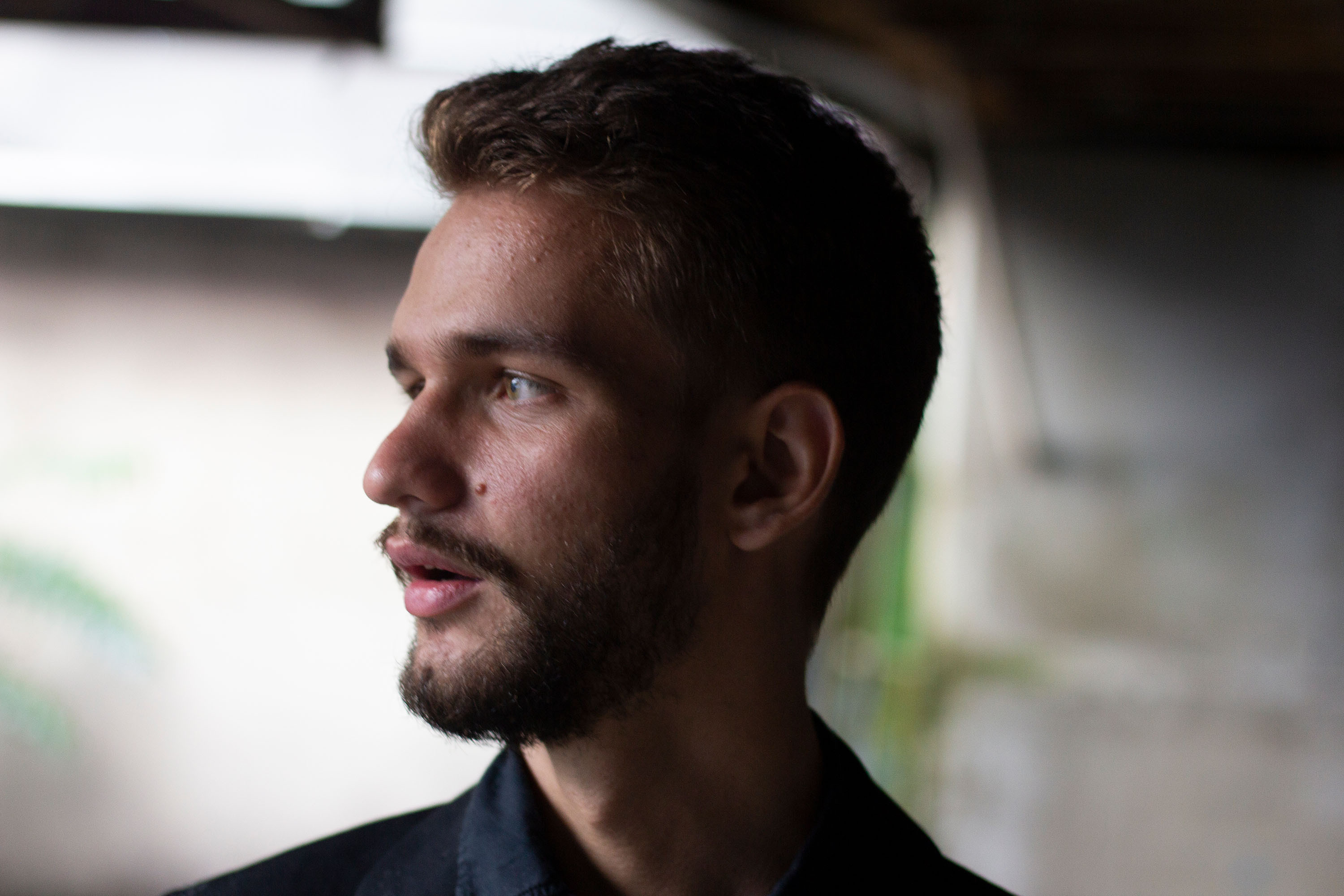
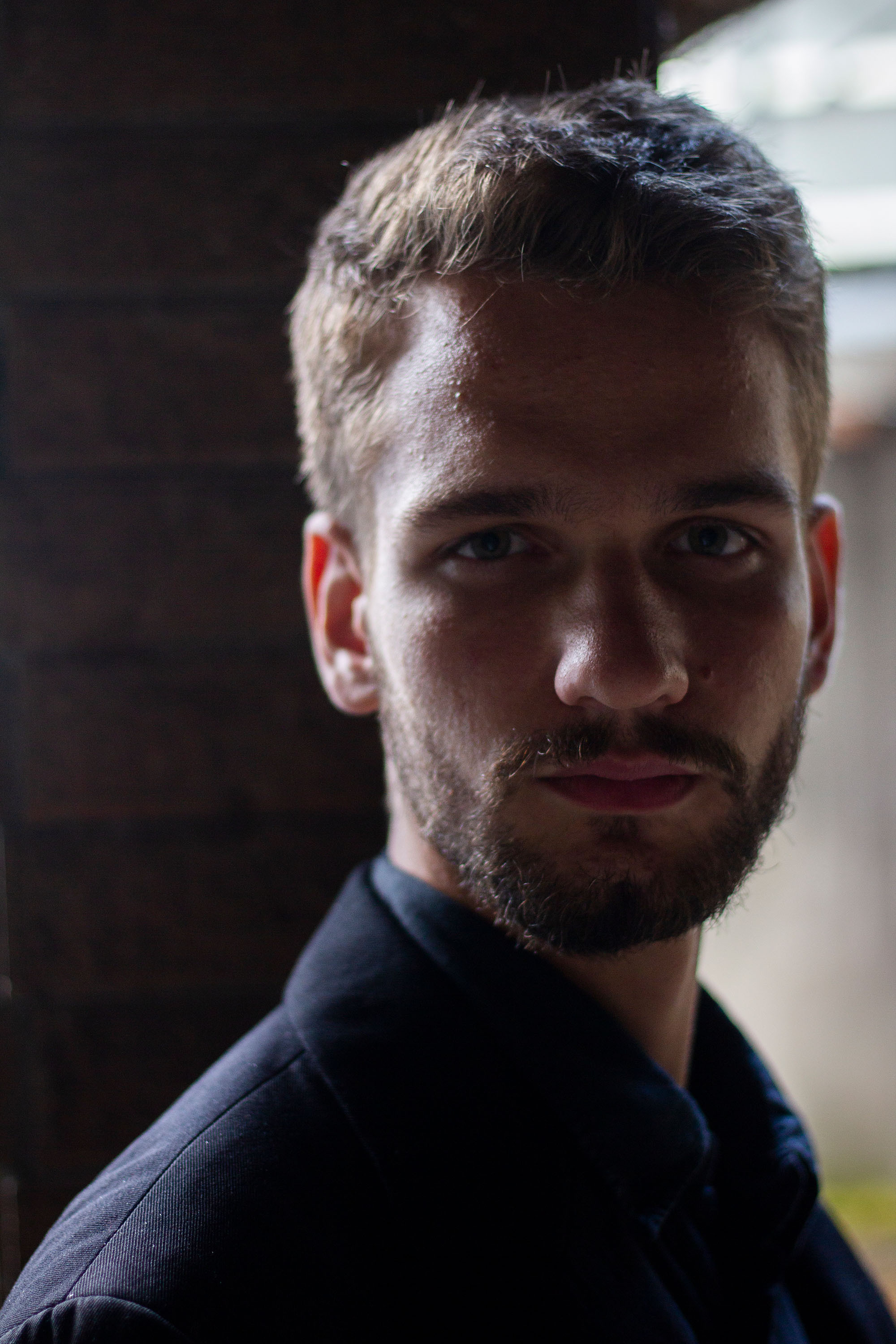
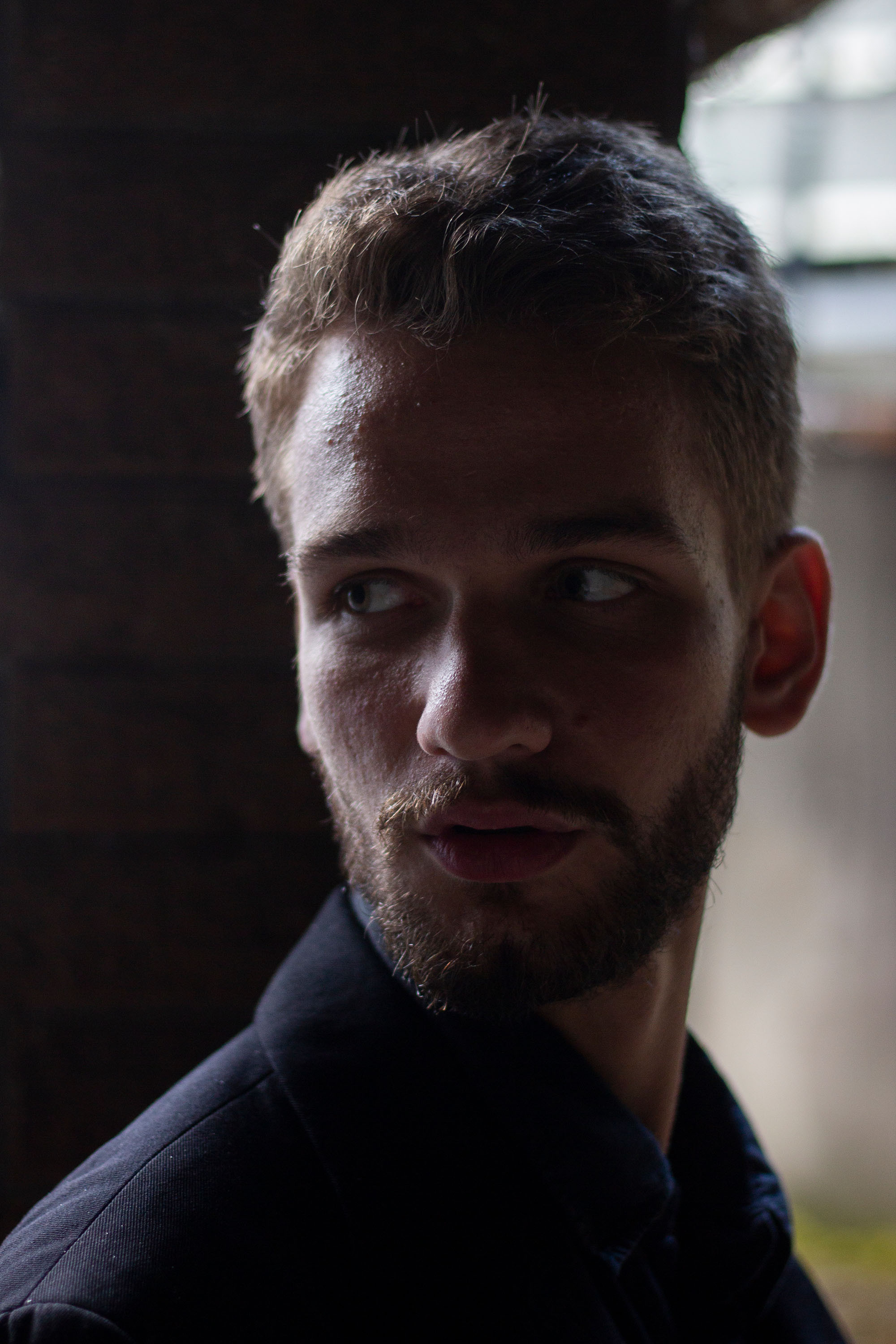
Recorded by Valeriia Merenkova
Translated by Katsiaryna Khinevich
Photographed by Vladislav Yevdokymov
